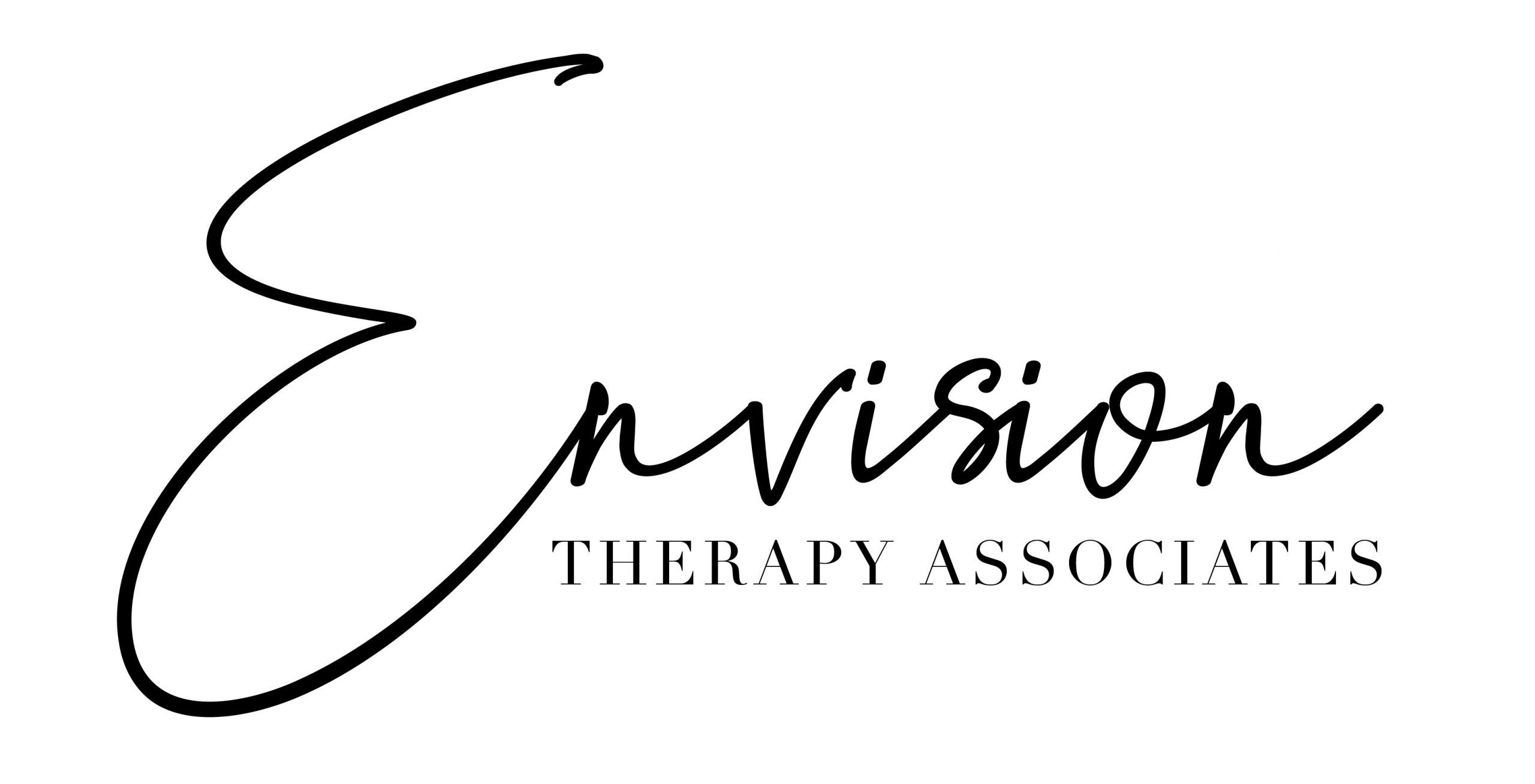FAQs
I’ve never talked to anyone. I’m used to handling things on my own. Aren’t people who go to therapy weak?
Not at all. People who ask for help know when they need it and have the courage to reach out. Everyone needs help now and then. In our work together, we’ll help you explore and identify your strengths and how to implement them to reduce the influence of the problems you are facing.
What’s the difference between talking to you or my best friend or family?
The difference is between someone who can do something, and someone who has the training and experience to help you. A mental health professional can help you approach your situation in a new way– teach you new skills, gain different perspectives, listen to you without judgment or expectations, and help you listen to yourself. Furthermore, therapy is completely confidential.
Why shouldn’t I just take medication?
Medication can be effective but it alone cannot solve all issues. Sometimes medication is needed in conjunction with therapy and most likely is encouraged by your prescribing physician. Our work together is designed to explore and unpack the problems you are experiencing and expand on your strengths that can help you accomplish your personal goals.
How does it work? What do I have to do in sessions?
Because each person and family have different issues and goals for counseling, it will be different depending on each individual. We tailor our therapeutic approaches to your specific needs.
What if I want to get therapeutic help for someone else?
If you are calling to try to arrange an appointment for someone over the age of 18, you will not be able to make an appointment for anyone other than yourself. The client himself or herself must call to be scheduled for an appointment. Once the appointment is scheduled, we cannot share any further information with you, due to confidentiality concerns, unless the client gives written permission.
If you are concerned or frustrated because you wish to arrange an appointment for a person who does not wish to come in, we sympathize, but your options are quite limited. You may choose to begin therapy yourself, especially if your life has been adversely affected by the other person, and you are looking for ways to change your situation.
How long will it take?
Unfortunately, this is not possible to say in a general FAQs page.
The length of therapy is quite variable, and the final decision regarding the length of therapy rests jointly with the client and therapist. Everyone’s circumstances are unique to them and the length of time counseling can take to allow you to accomplish your goals depends on your desire for personal development, your commitment, and the factors that are driving you to seek counseling in the first place. Some patients stay for as short a time as five or six sessions, while others are in therapy for two or three years or more as they continue to pursue goals and practice skills. Typically, the time in therapy is somewhere in between.
Regardless of the length of treatment, we strongly recommend that the final session be planned, so that the therapist and client can summarize the work that has been done in therapy and say “good-bye.” This resolution is associated with better long-term outcome for the patient than an abrupt termination.
I want to get the most out of therapy. What can I do to help?
We are so glad you are dedicated to getting the most out of your sessions. Your active participation and dedication will be crucial to your success.



